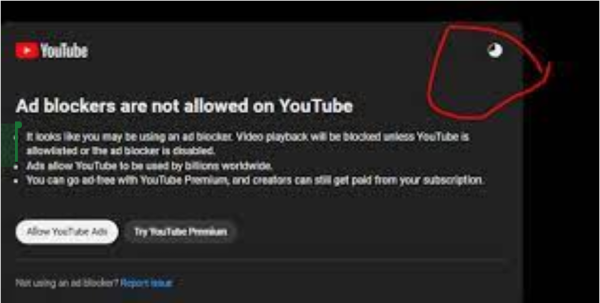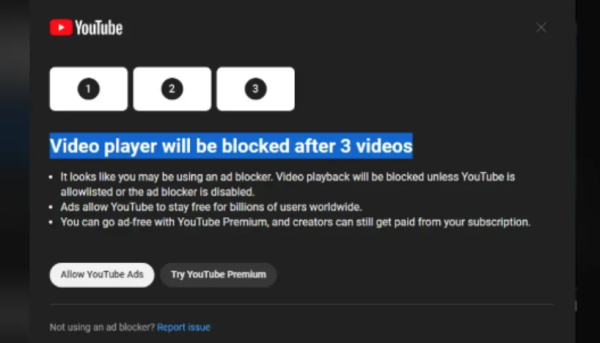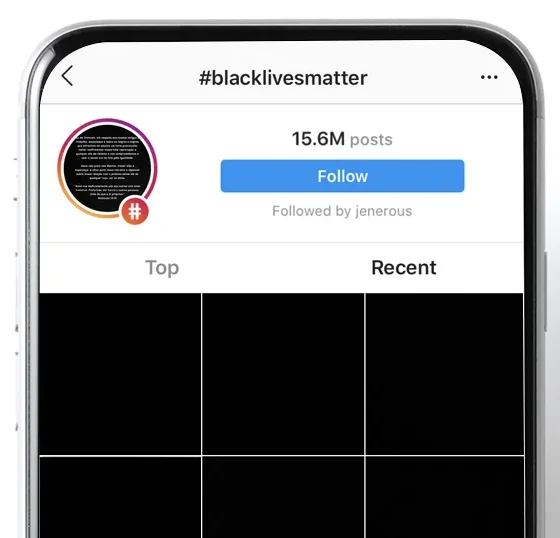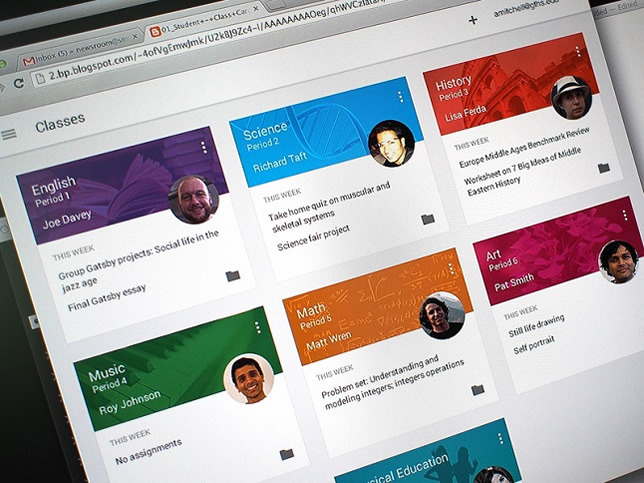It is undeniable that Google depends on advertisements to stay afloat as a business. It’s their primary source of income. However, Google’s advertising system is targeted and predatory. Google tracks your information and sells it to advertisers, and oftentimes these ads are intrusive, disturbing, and can even contain malware. For defense against these ads, your only option is an ad blocker. However, with recent developments in software, this has become tricky.
In January of this year, Google released an update to the Chromium browser, Manifest V3. Through Manifest V3, Alphabet, Google’s parent company, has been making changes to the scripts of the Chromium browser, allowing it to track more information, including whether users receive ads. This has caused many ad blockers to stop working entirely.
Adblock software on the Android Play Store had been purged. Most recently, however, YouTube has been rolling out an experimental program that detects frequent users of AdBlock and blocks their video feed with the following pop-ups:


Under normal circumstances, not allowing ad blockers seems reasonable. Alphabet’s employees need to be paid somehow, and ads disrupt that. However, YouTube still offers ad blockers on its Chrome extension store. Does this mean Google is entrapping its users?
To touch on an earlier point, ads are targeted to individuals. They tend to either be triggering and/or malicious, even leading to NSFW sites, which is against YouTube’s terms of service. The following screenshot has been censored.

Alphabet assumes that users of Adblock are willing to sacrifice their safety and privacy to simply watch a YouTube video. To all remaining users of the site, your privacy is more important than the money made exploiting you. Instead of using the Youtube site to browse its content, consider using an open-source, privacy-focused, Youtube viewer. These applications mask your personal viewing history, making it unusable to Google. The only data shared between you and the app is the data for the video itself. There are no targeted ads or videos.
These applications are also open-sourced which means any person can view and edit the source code for any malicious scripts. Some are even simpler than the real YouTube website. For Mac, Windows, and Linux users, I recommend using FreeTube. It even has a built-in sponsor block, along with all the basic features the YouTube site has. It’s simple and works as intended once you download it.
For Android users, I recommend using NewPipe. However, you’ll have to sideload the app, as it’s not available on the Google Play Store.
Unfortunately, for IOS users there is no way to sideload applications due to Apple’s closed ecosystem. The best alternative is to use a browser with built-in ad-blocking features, such as Brave Browser. Keep in mind that Google can still track your watch history even though they can’t send you ads. Not ideal, but it’s better than no protection.
Google cannot get away with its predatory behavior regarding personal user data. Their lack of reverence for privacy has become far too blatant. As consumers, we must gracefully object to its vampiric policy, and make it clear that we care about our optimal security.































